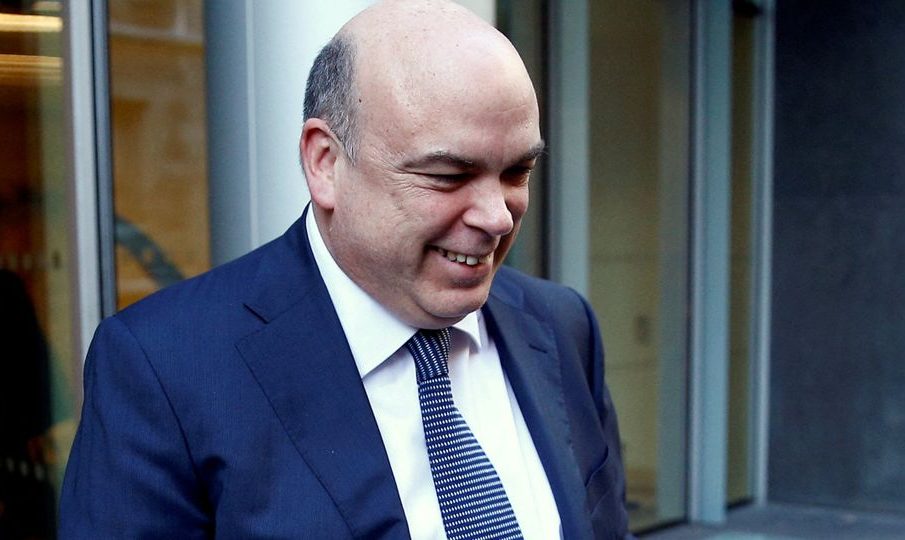Current Developments in the Mike Lynch Legal Case

Introduction
The case of Mike Lynch, the founder of Autonomy Corporation, has captured the attention of the tech industry and legal experts alike. Lynch’s ongoing legal troubles, particularly regarding accusations of fraud tied to the sale of his company to Hewlett-Packard (HP) in 2011, raise significant questions about accountability in business practices and the impact on technological innovation.
Background of the Case
In 2011, HP acquired Autonomy for approximately $11 billion, a move that was believed to be a significant advancement in HP’s software portfolio. However, shortly after the acquisition, HP claimed that Autonomy had inflated its financials. This revelation led to a massive write-down of nearly $8.8 billion in 2012, prompting HP to pursue legal action against Lynch.
The legal saga has spanned over a decade and includes criminal charges in the United States, with prosecution accusing Lynch of various fraud-related offenses. In 2022, authorities in the UK also sought to extradite Lynch to face these charges in America, a process that has faced numerous delays and challenges.
Recent Developments
As of October 2023, Lynch remains in the UK, fighting against extradition. In September, a UK court ruled in his favour, citing risks associated with facing a trial in the US, particularly regarding potential biases against foreign defendants. The decision stirred significant media coverage and highlighted the complexities of international legal jurisdictions.
Lynch has consistently maintained his innocence, arguing that the allegations stem from business practices that were commonplace in the tech industry and that there was no intention to deceive HP. His strong legal team continues to mount a robust defence against the claims brought against him.
Impact on the Tech Industry
The ramifications of Lynch’s case extend beyond his personal plight. It raises critical conversations around investor due diligence, corporate governance, and the responsibilities of CEOs in disclosing financial information accurately. Additionally, the case has far-reaching implications for entrepreneurs, especially in the tech sector where valuations can be notoriously volatile and often speculative.
Conclusion
The case of Mike Lynch remains a pivotal example of the intersection between technology, ethics, and the law. As his legal saga unfolds, it serves as a cautionary tale to tech entrepreneurs about the importance of transparency and ethical dealings. With ongoing appeals and potential developments in the legal landscape, stakeholders will be watching closely to see how this influential case progresses and what it may mean for future transactions in the technology space.









